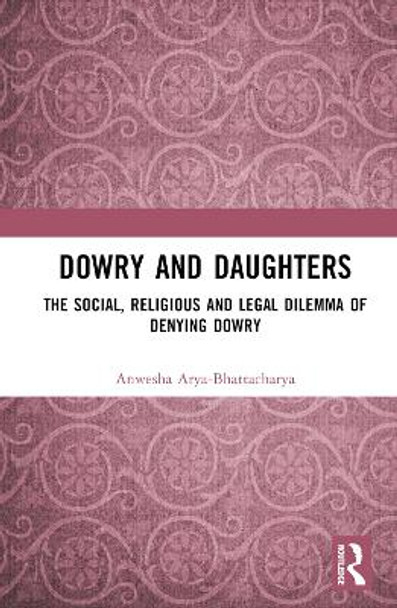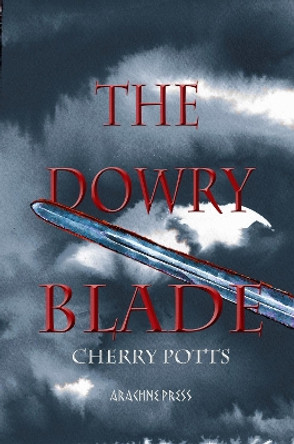Description
This book studies the relevance of dowry as a customary practice in Indian marriages. It examines the historical articulation between traditional cultural texts and modern statutory law to understand how daughters are valued and how dowry as a custom defines this value. The author creates a conceptual link between modern, medieval and ancient marriage rites that formulate and embed dowry behaviour and practice within Indian society. This book also provides a critique of the cultural textual tradition of India and South Asia. It asserts for the first time that Vedic materialism is at the core of an adequate understanding of how dowry as wealth comes to occupy such a central position in the field of marriage.
An important study into the custom and tradition of South Asia, this book will be indispensable for students and researchers of cultural studies, women's studies, gender studies, religion, history, law and South Asian studies.
About the Author
Anwesha Arya-Bhattacharya, an award-winning film academic, has taught cinema and creative writing widely. Anwesha has been Assistant Editor of South Asia Research (SAR), SAGE, and is a graduate of St Xavier's College, where she edited the Bibliodelic (1993-1996). A Dorab Tata (1997) scholar, her pioneering Masters research at the School of Oriental and African Studies (SOAS), University of London, led to her PhD. She is the first female to be awarded the Research Student Fellowship (RSF) at SOAS. She has taught at SNDT University, Bombay, and University of Connecticut (London), where her course "Cinema as an Instrument of Social Change" exploring human rights, feminism and film proved popular. Anwesha has book chapters in Contemporary Stardom in Hindi Film, Madhumati, Janani, and Behind Closed Doors. Co-editor of the biographical collection Bimal Roy: The Man Who Spoke in Pictures (2017), she is also a published poet. Living with her actor husband and their four children in East Sussex, she now runs a small literary and film society.
Anwesha lives with her actor husband and their four children in East Sussex, where she began an Arts & Crafts initiative the Paper Place in 2011 to support dying creative arts. She also runs a small literary and film society at the local cinema, converted from the old town library. She is the third child of Indian Women's Movement pioneer and activist Rinki Roy Bhattacharya.
Book Information
ISBN 9780367210731
Author Anwesha Arya-Bhattacharya
Format Hardback
Page Count 234
Imprint Routledge India
Publisher Taylor & Francis Ltd
Weight(grams) 460g





